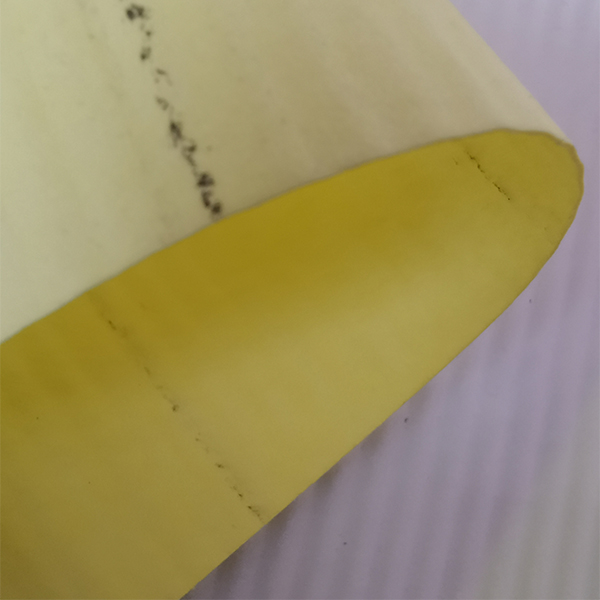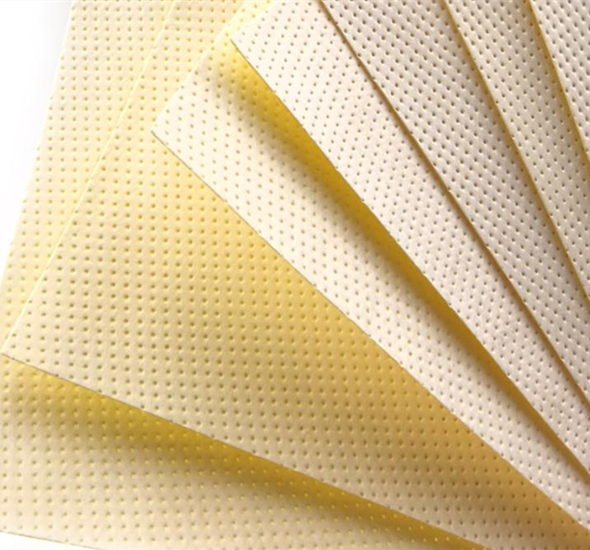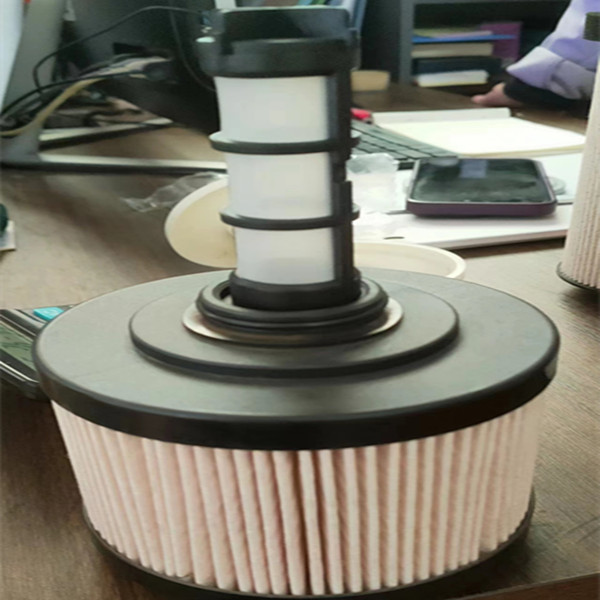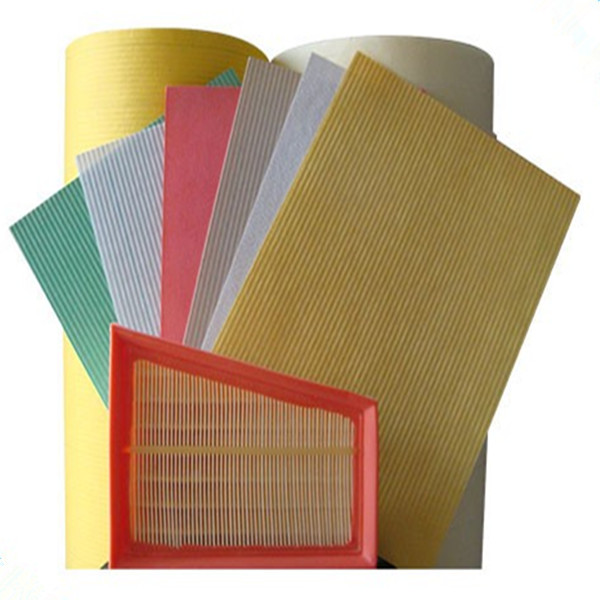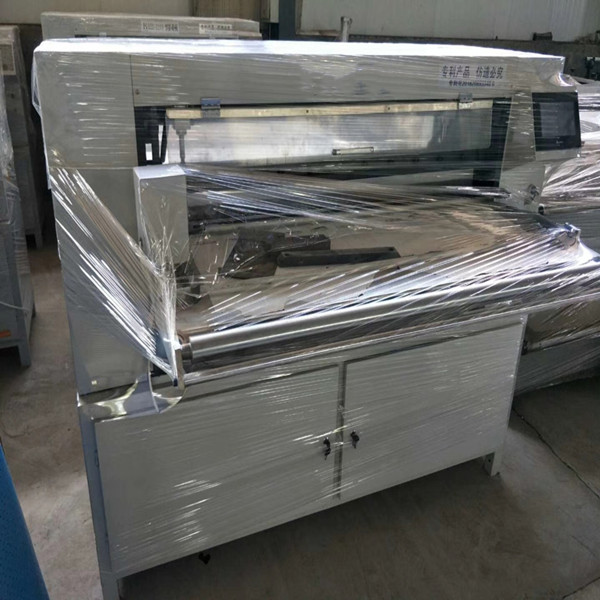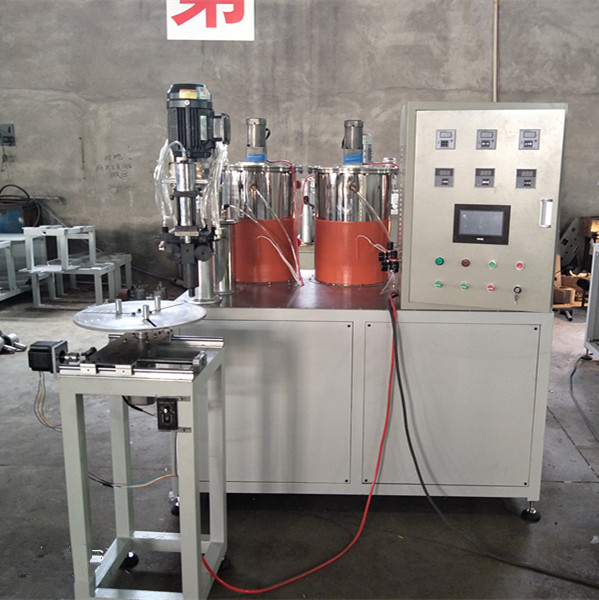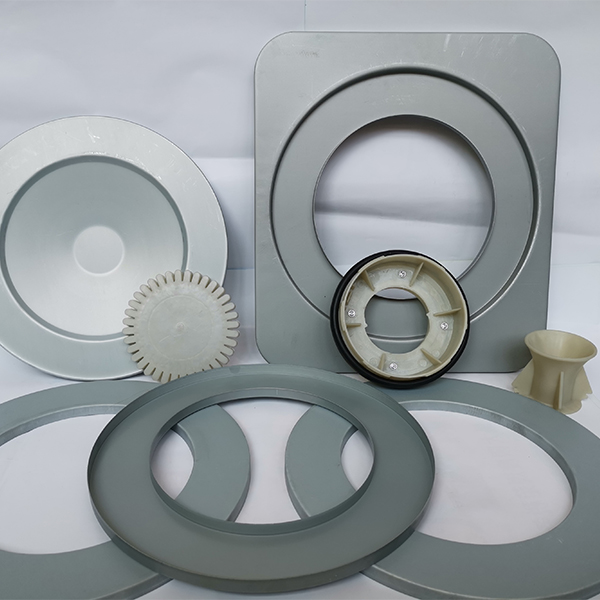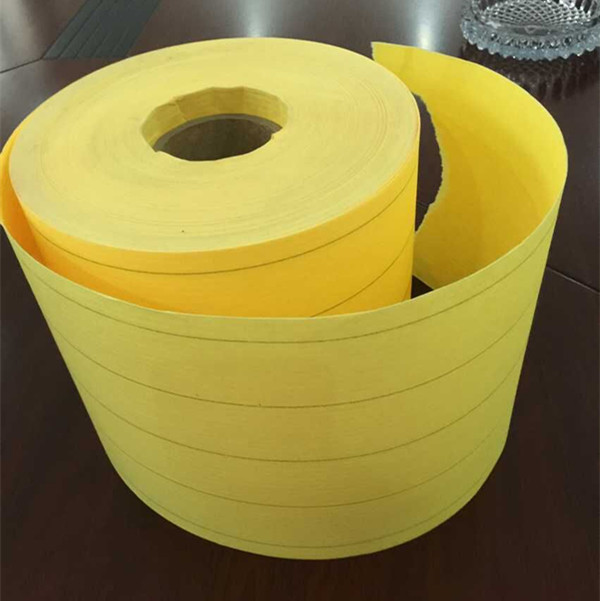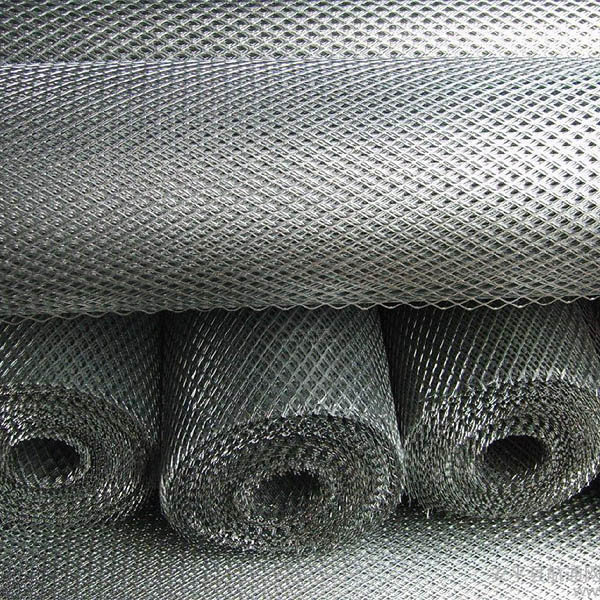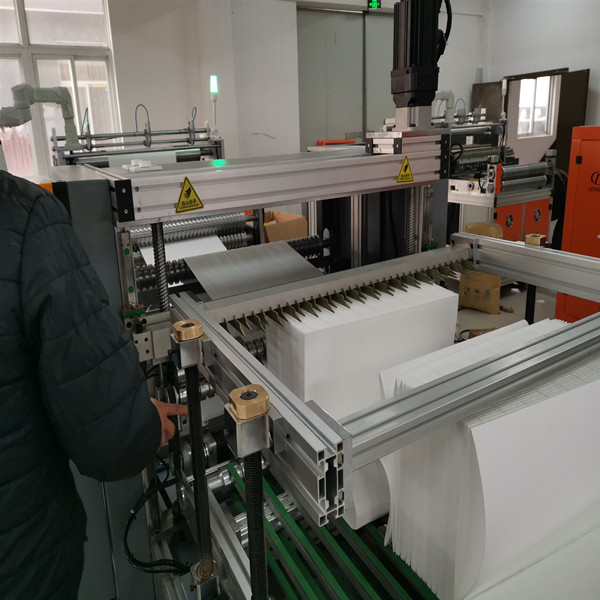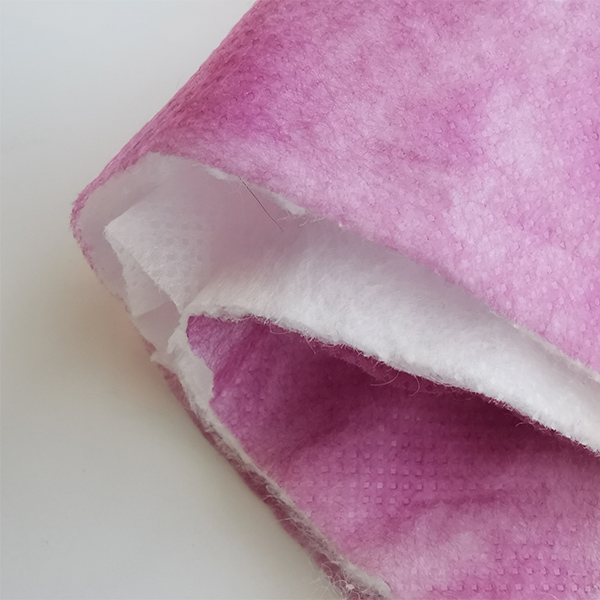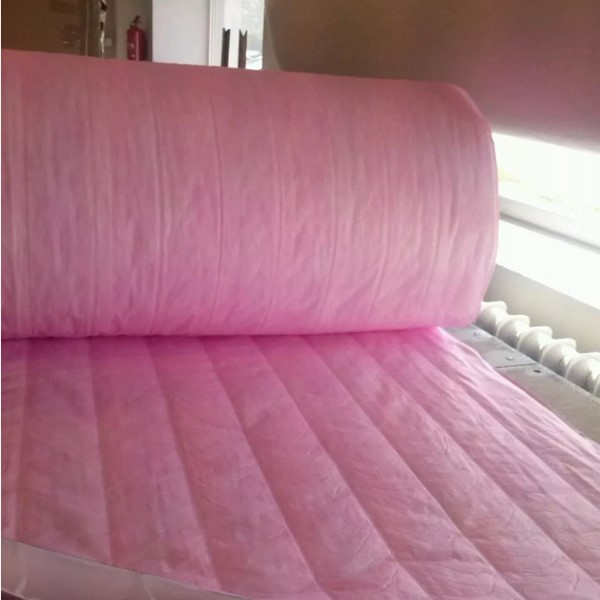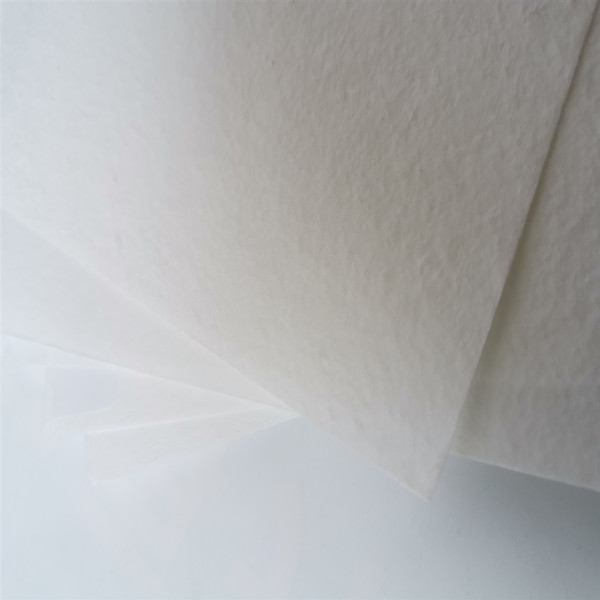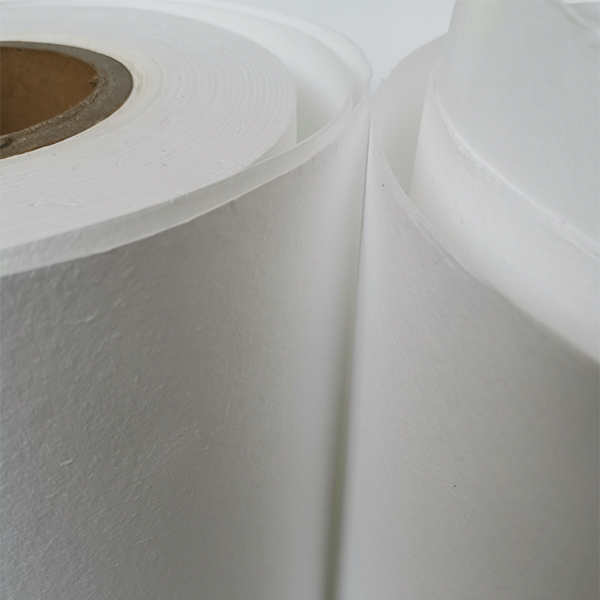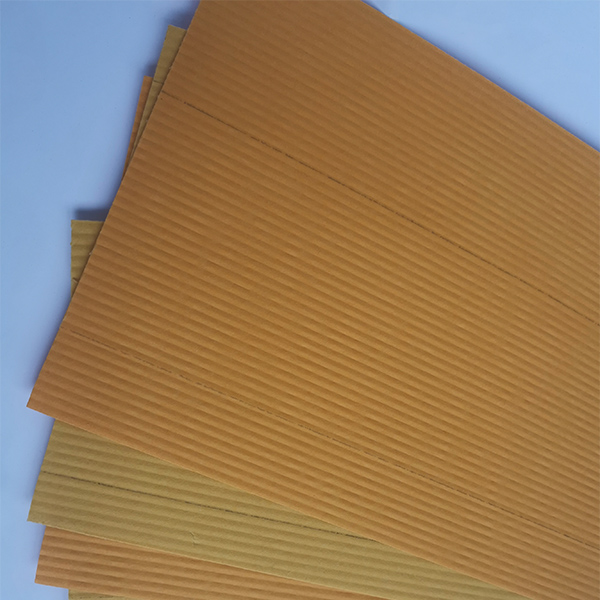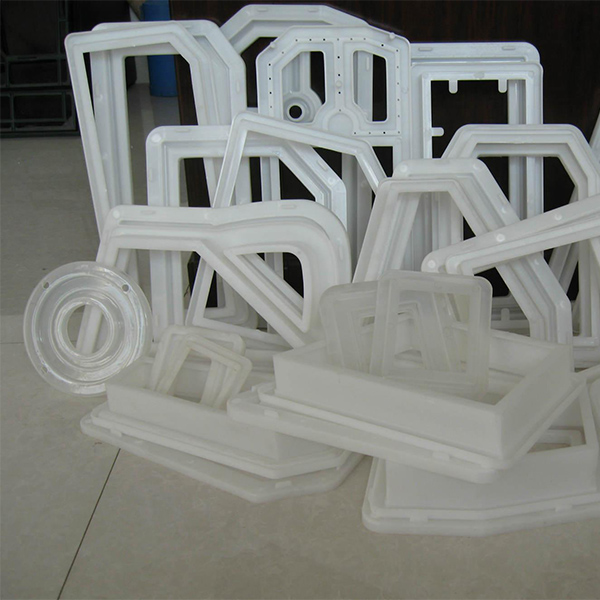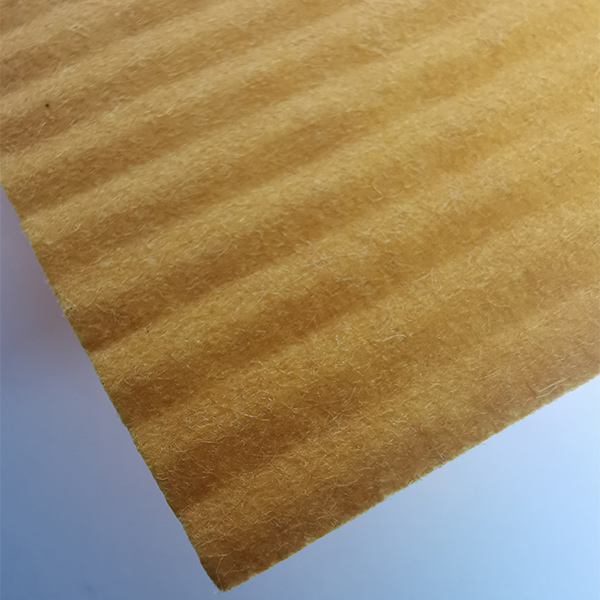What’s the Deal with Fine Mesh Filters and Why They Matter Globally
If you’re into industries ranging from water treatment to aerospace, or even humanitarian relief, the term fine mesh filter probably rings a bell. These little workhorses play a deceptively big role in making sure fluids and gases stay clean of unwanted particles. In a world grappling with pollution, clean water scarcity, and precision manufacturing, understanding fine mesh filters isn’t just academic—it’s kind of crucial.
Why? They filter out contaminants as tiny as a few microns (think: human hair is around 50-70 microns wide, and these filters often handle particles a fraction of that), enabling safer drinking water, cleaner fuels, and even finer control in biotech processes. That translates to healthier lives, more efficient manufacturing, and reduced environmental harm globally.
Mini takeaway: Fine mesh filters might seem niche but their impact touches on health, industry efficiency, and sustainability worldwide.
The Global Context: Why Fine Mesh Filters Have Never Been More Relevant
Take UN water reports, for instance—nearly 2.2 billion people lack safely managed drinking water services worldwide. Meanwhile, industries keep demanding ever-purer inputs and outputs, whether in pharmaceuticals or semiconductor production. Fine mesh filters are at the heart of this demand-supply chain.
Furthermore, the International Organization for Standardization (ISO) references fine mesh and microfiltration techniques extensively in water treatment and food safety standards. As environmental regulations tighten and resource management grows critical, these filters help industries meet compliance while protecting ecosystems.
But it’s not without challenges. As particles get smaller and contaminants more complex, traditional filtration faces limits. We need smarter materials and adaptable designs. The rise of fine mesh filters is a direct response to evolving global needs.
Breaking It Down: What Exactly Is a Fine Mesh Filter?
In simple terms, a fine mesh filter is a mesh or screen with very small openings designed to block particles above a certain size from passing through. Think of it as a super-fine sieve. Unlike coarse filters that catch big debris, these filters handle particles in the micron or sub-micron range.
They’re made from woven metal wires, synthetic fibers, or even perforated sheets—each choice tweaking durability, corrosion resistance, and flow rates. Their connection to modern industries? They ensure purity of fluids in chemical plants, clarity in drinking water, and even protect sensitive mechanical parts from abrasion.
In humanitarian contexts, such filters can be lifesavers by providing potable water post-disaster or in remote regions. So, they’re not just industrial gadgets but tools for dignity and health.
Key Characteristics of Fine Mesh Filters
1. Durability
The best fine mesh filters withstand high pressure, harsh chemicals, or extreme temperatures. Stainless steel wire meshes often reign supreme here because they resist corrosion and last longer than plastic or cloth alternatives.
2. Filtration Precision
Mesh size or micron rating is arguably the most vital factor. Industry standards often measure opening sizes down to as small as 1 micron, enabling sorting of particles invisible to the naked eye.
3. Flow Rate and Efficiency
Balancing fine filtration with adequate flow is tricky—make holes smaller, and you risk clogging or slowing flow. Good designs optimize pore density and weave pattern to maintain throughput without sacrificing purity.
4. Scalability and Customization
Fine mesh filters come in many shapes and sizes—from tiny cartridge filters to meters-wide industrial screens. Custom solutions address unique filtration needs—say, removing specific mineral particles or microbial contamination.
5. Cost Considerations
While stainless steel mesh filters may cost more upfront than synthetic ones, their long-term life and maintenance savings often justify the investment, especially in industrial or humanitarian supply chains.
Mini takeaway: Think of fine mesh filters less like one-size-fits-all and more like tailored experts—durable, precise, efficient, and flexible to what your world demands.
Where Fine Mesh Filters Really Shine Globally
Across sectors, the footprints of fine mesh filters are unmistakable:
- Water Purification: In regions of sub-Saharan Africa and Southeast Asia, portable water filtration units embedded with fine mesh filters provide safe drinking water in rural and disaster-affected zones.
- Oil and Gas: Refineries in the Middle East rely on fine mesh separators to ensure fuels meet strict purity standards before shipment.
- Pharmaceutical Manufacturing: Precision filtration of liquid medicines helps avoid contamination and variance—vital for safety.
- Agriculture: In drip irrigation systems, fine mesh filters prevent clogging from sediment while enabling water efficiency in arid zones like Australia.
- Food & Beverage Industry: Brewing and dairy productions utilize these filters to maintain taste and safety standards globally.
Interestingly, NGOs like the Red Cross integrate fine mesh filters in emergency relief kits, showing their role in humanitarian health is often overlooked.
A Closer Look: Fine Mesh Filter Specification Table
| Specification | Typical Values | Notes |
|---|---|---|
| Mesh Opening Size | 1 – 100 microns | Varies by application, smaller means finer filtration |
| Material | Stainless Steel 304/316, Nylon, Polyester | Stainless steel for durability, polymers for cost-effective uses |
| Max Operating Temp | -40°C to 550°C | Metal meshes handle high temps, synthetic less so |
| Max Pressure | Up to 300 bar | Depends on frame and mesh thickness |
| Flow Rate | Variable | Optimized by mesh porosity and filter size |
Top Vendors: A Snapshot Comparison
| Vendor | Specialization | Material Range | Typical Lead Time | Custom Solutions |
|---|---|---|---|---|
| MeshTech Industries | Industrial-grade metal mesh filters | Stainless Steel 304, 316 | 2–4 weeks | Yes, OEM and custom sizing available |
| PureMesh Solutions | Polyester and Nylon fine mesh filters for water | Polyester, Nylon | 1–3 weeks | Limited customization, mostly standard sizes |
| GlobalFilter Corp. | High precision metal and synthetic composite filters | SS Mesh, Composite hybrids | 3–5 weeks | Extensive customization and rapid prototyping |
Why These Filters Bring Long-Term Value to Your Operation
So, what’s really in it for you (or your company)? Here’s the rundown:
- Cost Efficiency: They reduce downtime by preventing clogging and equipment damage.
- Sustainability: Many fine mesh filters are reusable after cleaning, cutting waste and environmental footprint.
- Reliability: Precision in filtering means better product quality and less risk of contamination.
- Social Impact: In water purification, they literally save lives and promote dignity in underserved areas.
- Innovation: Advances in mesh technology contribute to smarter filtering, leveraging AI diagnostics or self-cleaning surfaces.
The emotional side? Knowing the water your family drinks or the medicines you take are filtered by reliable fine mesh technology gives peace of mind. In real terms, that’s priceless.
Looking Ahead: What’s Next for Fine Mesh Filters?
Materials science is buzzing. Here’s what many experts are excited about:
- Graphene-based Filters: Ultra-thin, incredibly strong, and potentially super efficient.
- Digital Monitoring: Sensors integrated into filters for real-time clog detection and smart maintenance.
- Eco-friendly Design: Biodegradable meshes or recyclable components improving the green footprint.
- Automation & AI: Automated self-cleaning filters that adjust pore size depending on input fluid quality.
Such innovations might sound futuristic but companies are piloting prototypes, and standards bodies are keeping pace.
Tackling the Tough Spots: Challenges and How to Solve Them
Fine mesh filters come with their quirks. They clog. Cleaning can be labor-intensive. Choosing wrong mesh size can compromise flow or filtration. Knowing the fluid chemistry is critical—stainless steel might corrode in acidic solutions, or synthetic fibers degrade under UV light.
But experts often recommend modular designs for easier maintenance, coatings to resist fouling, and regular system monitoring. Sometimes, combining pre-filters with fine mesh filters can extend life and improve performance.
FAQ: Fine Mesh Filter Basics Answered
Q1: How do I choose the right mesh size for my application?
Start by identifying the smallest particle you need to remove. Then select a mesh that blocks particles that size or larger. Also, consider fluid viscosity and flow rate. If unsure, consulting with a filtration expert can save time and money.
Q2: Can fine mesh filters be cleaned and reused?
Yes, most stainless steel and high-quality synthetic fine mesh filters can be cleaned by backflushing, ultrasonic cleaning, or chemical soaking. Regular maintenance extends their lifetime, making them more cost-effective over time.
Q3: Are synthetic fine mesh filters suitable for high-temperature applications?
Synthetic meshes like nylon and polyester generally tolerate moderate temperatures (up to ~120°C). For high-temp applications, metal meshes such as stainless steel 316 are preferred.
Q4: How do fine mesh filters help in emergency relief situations?
In disaster zones, portable filtration units containing fine mesh screens remove harmful pathogens and sediment from contaminated water sources, providing safe drinking water quickly and effectively.
Q5: Can I customize the shape and size of fine mesh filters?
Absolutely. Many manufacturers offer custom sizing, different weave patterns, and frame designs to suit specific industrial or humanitarian requirements.
Wrapping It Up: Why Fine Mesh Filters Deserve Your Attention
From ensuring safe drinking water in far-flung places to safeguarding industrial processes, fine mesh filters quietly uphold quality and safety standards that matter. Their refined design, adaptability, and continuously improving technology make them valuable assets for decades ahead.
So, if you’re curious about optimizing filtration for your project or helping bring clean water where it’s needed most, look no further than these humble but vital filters. To explore options and get hands-on information, check out fine mesh filter experts you can trust.
References
Post time: Nov-21-2025

